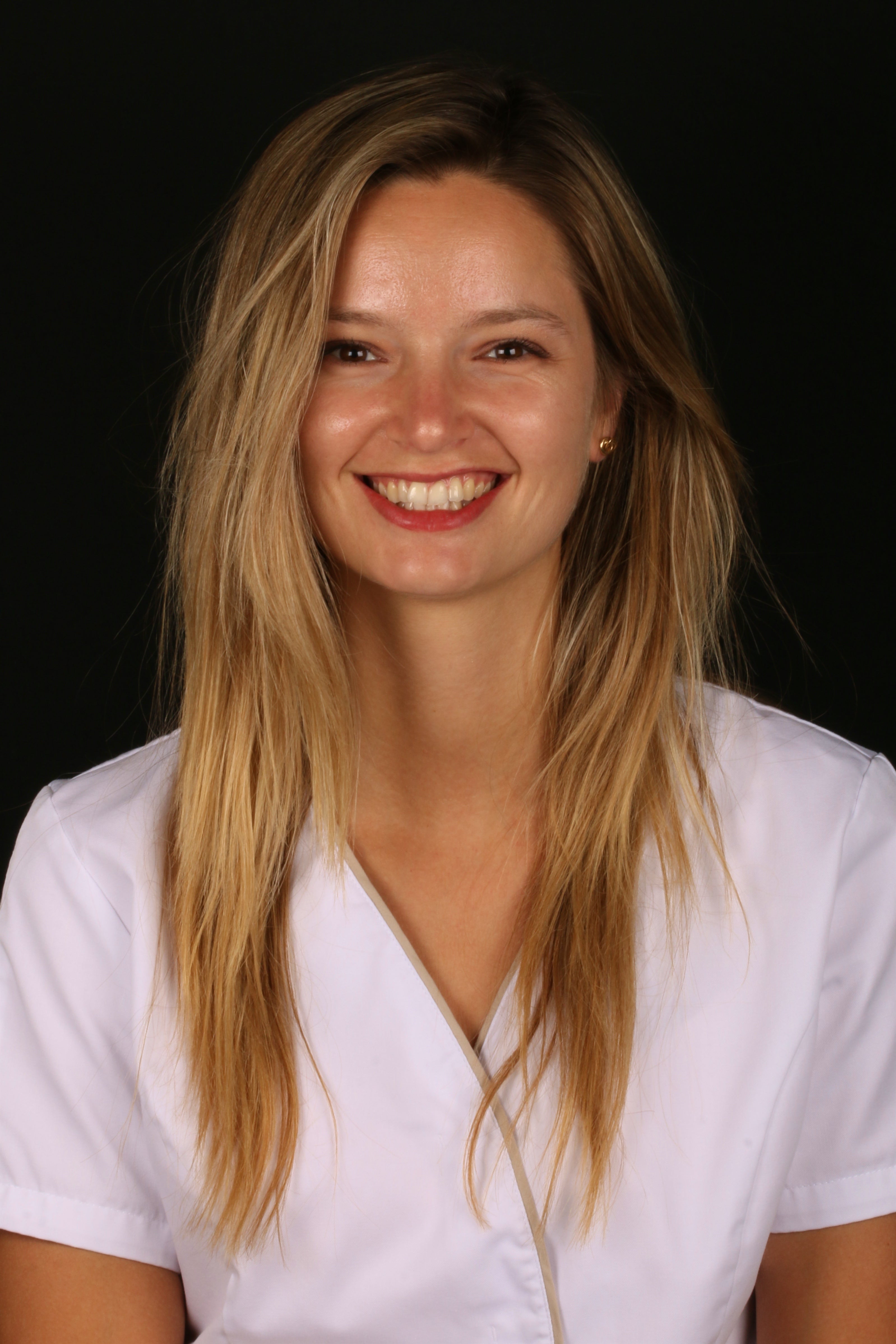Why did you choose this area of dentistry?
My interest in pain began during my childhood, inspired by my mother, a pain specialist-anaesthesiologist. Her stories about helping pain patients and conducting pain research sparked my passion. During my bachelor’s studies in Dentistry, I met a dentist specialised in orofacial pain and started treating chronic orofacial pain patients with her. This encounter, along with my research within the OPD department, deepened my fascination and motivated me to specialise in this area. Tooth wear and dental sleep medicine were new areas for me, but I was eager to explore them. As a dentist, I enjoy the hands-on aspects of the profession, such as performing check-ups, fillings, and tooth extractions. Each case feels like solving a complex puzzle, making the work intellectually stimulating and rewarding.
Why did you choose the Master’s in Oral Health Sciences (OHS)?
I chose the Master’s in OHS because it offered a unique opportunity to specialise in the complex and interdisciplinary field of orofacial pain and dysfunction. The programme's focus on temporomandibular disorders, bruxism, tooth wear, and dental sleep medicine, and their often-coexisting nature, resonated with my interest in holistic patient care.
What did you find most meaningful about the master’s programme?
The most meaningful aspect was working with chronic pain patients and helping them through a biopsychosocial approach. Understanding the multidimensional nature of pain and seeing the positive impact on patients’ quality of life was incredibly rewarding. I also appreciated working in an interdisciplinary team that included an orofacial physiotherapist and a psychologist, providing valuable insights and opportunities to gain experience from other fields.
What did you find most challenging?
Balancing the postgraduate course with my work as a general dentist in 2 practices and my personal life was the most challenging aspect. Initially, it felt almost impossible, but with determination and inspiration from Stephen R. Covey’s quote: ‘The way we see the problem is the problem,’ I approached the challenge with energy and motivation, successfully managing all commitments.
What was the highlight of your time at ACTA?
The highlight of my time at ACTA was meeting new colleagues, making new friends, and bonding during social gatherings. Another unique aspect was the opportunity to discuss cases and exchange knowledge with other departments. This enriching my learning experience and broadened my perspective on patient care.
What advice would you give to our master’s students?
Stay focused and motivated, even when faced with challenges. The multidimensional nature of orofacial pain requires perseverance, but the impact you can have on patients’ lives is incredibly rewarding. Collaborate closely with your mentors and peers, stay curious, and embrace every opportunity to gain experience. Your work can truly make a difference in improving patients’ quality of life.
